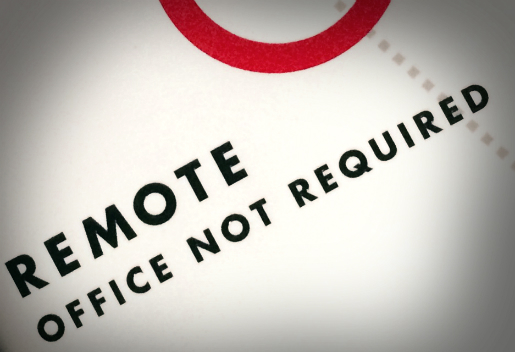Here are some of my favorite parts from Remote: Office Not Required by Jason Fried and David Heinemeier Hansson.
On distractions:
It’s incredibly hard to get meaningful work done when your workday has been shredded into work moments.
On office interactions:
Worth counting too is the number of days you spend at the office emailing someone who sites only three desks away. People go to the office all the time and act as though they’re working remotely: emailing, instant messaging, secluding themselves to get work done. At the end of the day, was it really worth coming to the office for it?
When everyone is sitting in the same office, it’s easy to fall into the habit of bothering anyone for anything at any time, with no regard for personal productivity. This is a key reason so many people get so little done in traditional office setups—too many interruptions.
On employee trust:
Why do companies have no problem working with a lawyer who works in the next town over and yet distrust their own employees to work anywhere other than their own desks? It just doesn’t make sense.
The bottom line is that you shouldn’t hire people you don’t trust, or work for bosses who don’t trust you. If you’re not trusted to work remotely, why are you trusted to do anything at all? If you’re held in such low regard, why are you able to talk to customers, write copy for an ad, design the next product, assess insurance claims, or do tax returns?
Start by empowering everyone to make decisions on their own. If the company is full of people whom nobody trusts to make decisions without layers of managerial review, then the company is full of the wrong people.
On meetings and managers:
We believe that these staples of work life—meetings and managers—are actually the greatest causes of work not getting done at the office.
Constantly asking people what they’re working on prevents them from actually doing the work they’re describing. And since managers are often the people who call the meetings, their very presence leads to less productive workdays.
People with the power to change things need to feel the same hurt as those who merely have to deal with it.
On letting work speak for itself:
This gives back the edge to quiet-but-productive workers who often lose out in a traditional office environment. In a remote setup, you don’t need to constantly boast about the quality of your stuff when it’s already apparent to everyone willing to pay attention. Likewise, if you’re all talk and no walk, it’s painfully clear for all to see.
